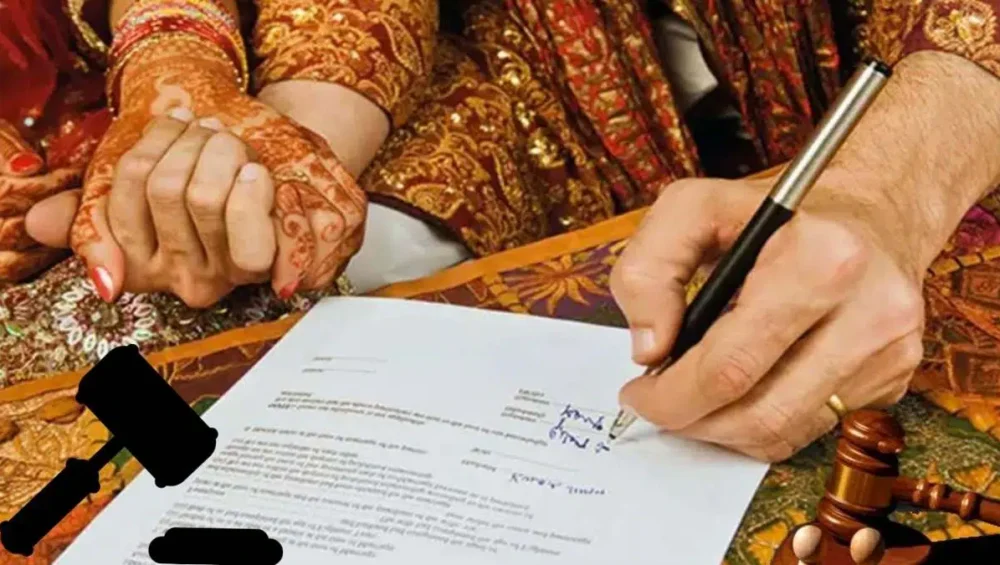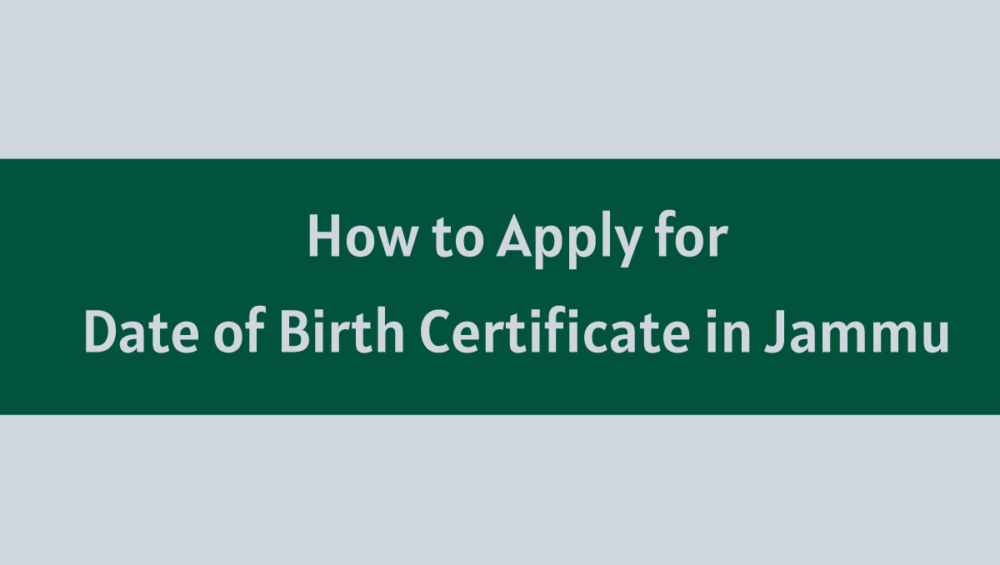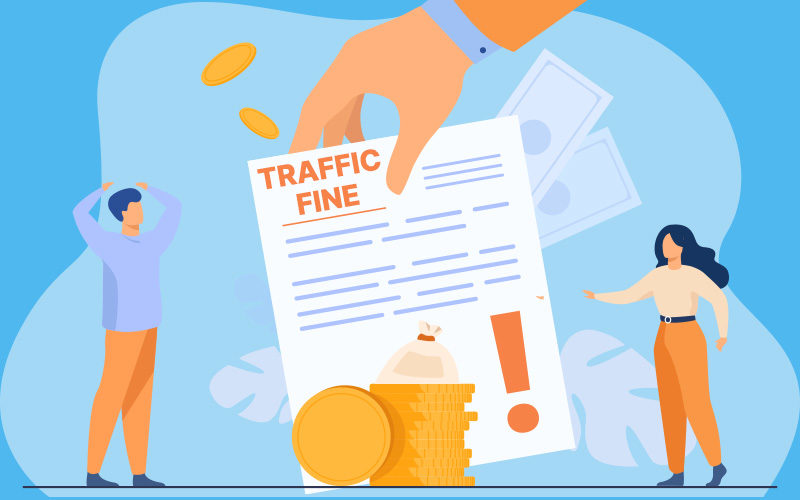Step-by-Step Guide to Court Marriage in Jammu
Marriage is a significant event in one’s life, and it is important to understand the legal process of getting married. In India, there are two ways to get married: traditional marriage and court marriage. In this article, we will focus on court marriage in Jammu and provide a detailed guide on the process, fees, lawyers, and age requirements.
Process of Court Marriage in Jammu:
The process of court marriage in Jammu is straightforward and easy. Here are the steps involved:
Step 1: Notice of Intended Marriage
The first step is to give notice of intended marriage to the Marriage Officer. The notice should be in writing and signed by both parties. The notice should also include details such as name, age, occupation, and address of both parties, as well as the date and place of intended marriage.
Step 2: Verification of Documents
The Marriage Officer will then verify the documents submitted by the parties. The documents required for court marriage in Jammu are as follows:
- a) Proof of age (birth certificate, passport, or school leaving certificate)
- b) Proof of residence (ration card, passport, or utility bill)
- c) Two passport size photographs of both parties
- d) Affidavit by both parties stating that they are not related to each other within the prohibited degrees of relationship as per Hindu Marriage Act or Special Marriage Act, as the case may be.
- e) In case of a second marriage, a copy of the divorce decree or death certificate of the previous spouse.
Step 3: Publication of Notice
After the verification of documents, the Marriage Officer will publish a notice of intended marriage. The notice will be displayed on the notice board of the office of the Marriage Officer. The notice will be on display for 30 days.
Step 4: Objection
If there is no objection to the marriage within the 30-day notice period, the Marriage Officer will issue a Marriage Certificate.
Step 5: Marriage Certificate
The Marriage Certificate is a legal document that confirms the marriage. It is issued by the Marriage Officer after the marriage ceremony is completed.
Fees for Court Marriage in Jammu:
The fees for court marriage in Jammu are as follows:
- a) Notice fee: Rs. 100/-
- b) Solemnization fee: Rs. 150/-
- c) Certified copy of Marriage Certificate: Rs. 10/-
Lawyers for Court Marriage in Jammu:
Although it is not mandatory to hire a lawyer for court marriage in Jammu, it is advisable to do so. A lawyer can help you with the legal formalities and ensure that all the documents are in order. They can also guide you through the entire process and represent you in case of any legal issues.
Age Requirements for Court Marriage in Jammu:
The age requirements for court marriage in Jammu are as follows:
- a) The bridegroom must be 21 years old or above.
- b) The bride must be 18 years old or above.
Conclusion:
Court marriage in Jammu is a simple and straightforward process that requires a few essential documents and a minimal fee. It is advisable to hire a lawyer to help with the legal formalities and ensure that everything is in order. With this guide, we hope that you have a better understanding of the process, fees, lawyers, and age requirements for court marriage in Jammu.
















